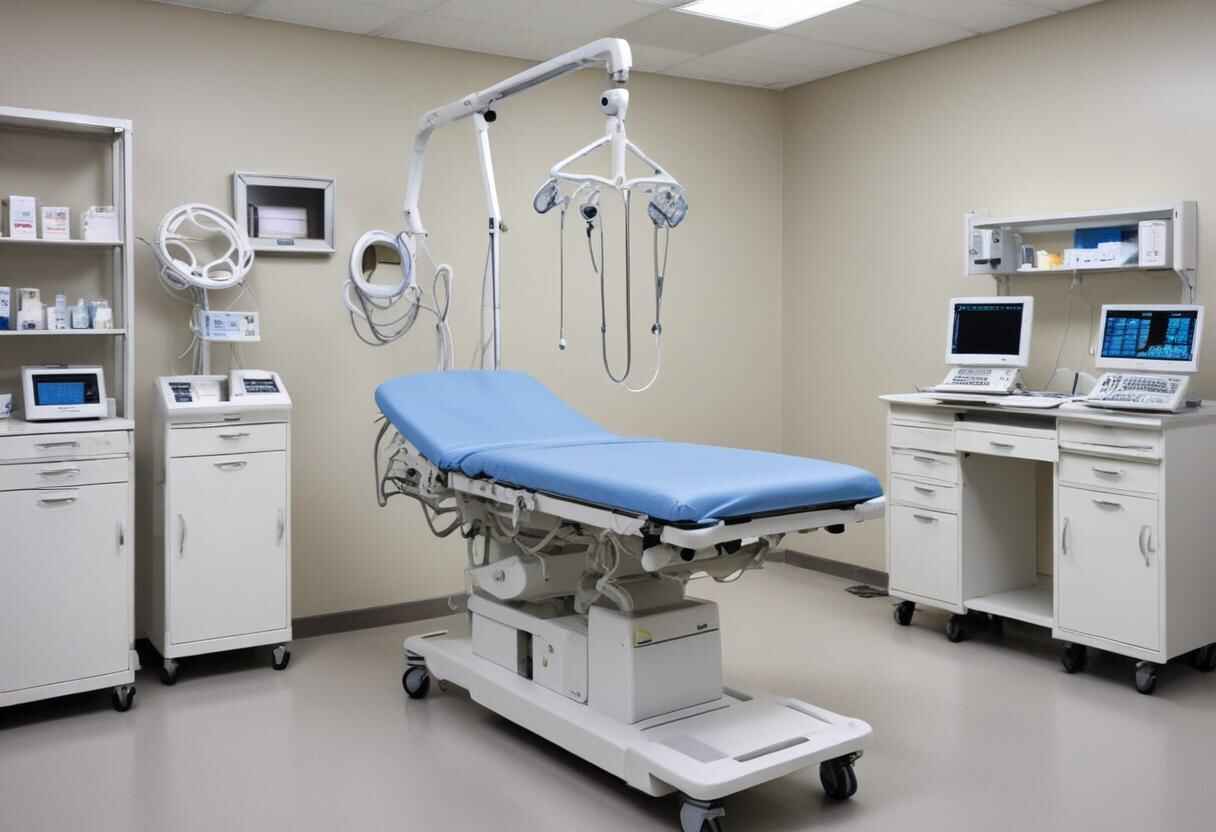In healthcare, where every choice affects lives deeply, having reliable and precise medical equipment is incredibly important. Whether it’s for regular check-ups or critical surgeries, high-quality instruments ensure patient safety, effective treatment, and better overall healthcare results. This article explains why good medical equipment matters, looking at how it helps healthcare providers, patients, and the entire healthcare system.
Ensuring Accurate Diagnosis and Treatment
Central to good medical care is getting the diagnosis right and providing effective treatment. Dependable equipment helps healthcare providers perform accurate tests, interpret results confidently, and recommend the right treatments. Whether it’s a stethoscope for listening to heartbeats or advanced machines like MRI scanners, the precision of these tools directly affects medical decisions. For example, a precise blood pressure monitor ensures that high blood pressure is correctly identified, allowing for timely treatment and better patient outcomes.
Enhancing Patient Safety
In healthcare, safety is paramount. Top-notch medical equipment follows strict safety guidelines to reduce the chance of errors, breakdowns, or problems during procedures. This is especially crucial in surgeries where tools like scalpels, forceps, and anesthesia machines must work perfectly. Quality checks make sure these devices meet safety standards, which lowers the risk of surgical complications, infections, and helps patients recover quicker.
Facilitating Technological Advancements
Medical technology advancements have changed patient care dramatically, from robots helping in surgeries to wearable devices monitoring health. Good medical equipment uses the latest technology, letting healthcare providers offer advanced treatments. For example, infusion pumps give medicines accurately, and ventilators help with breathing. Embracing these innovations helps hospitals improve how well treatments work and how happy patients are, and it also helps make new medical discoveries in the future.
Supporting Healthcare Efficiency
In healthcare, being efficient is very important because quick decisions can really matter. Good medical equipment helps streamline how things are done, which means less waiting for tests and treatments. For example, machines in labs that analyze things automatically can give results faster, so doctors can make decisions sooner about treatment. Also, durable equipment needs less fixing and replacing, which helps hospitals use their money and time better.
Meeting Regulatory Standards and Compliance
In healthcare, following rules and standards is necessary to keep patients safe and make sure everything is legal. Good medical equipment goes through strict testing and gets certifications to meet these standards. For example, in the United States, the FDA checks equipment, and in Europe, the CE marking shows it meets standards. These certifications prove the equipment is safe, works well, and does what it’s supposed to. Healthcare providers can trust it’s reliable and right for treating patients.
Fostering Trust and Confidence
Trust between patients and healthcare providers is crucial. Good medical equipment helps build trust because it’s reliable, accurate, and consistent. Patients feel confident knowing their health care is in good hands with equipment that meets high standards. This trust leads to better communication, patients following treatment plans, and overall satisfaction with their healthcare.
Reducing Healthcare Costs
Investing in good medical equipment might cost a lot at first, but it can save money in the long run. Reliable equipment means less need for fixes, replacements, and times when it can’t be used, which cuts down on costs and keeps things running smoothly. Also, by making diagnoses more accurate and treatments work better, good equipment helps stop problems that could mean people need to stay in the hospital longer or need more time to get better. Overall, putting money into quality medical equipment is a smart way to make healthcare work better for both doctors and patients.
Ensuring Longevity and Sustainability
More and more, healthcare is focusing on sustainability. Good medical equipment is made to last a long time, which means it uses fewer materials and less energy over its life. Some companies also have programs to recycle or dispose of old equipment responsibly, which helps take care of resources and lowers their impact on the environment.
Conclusion
In summary, good medical equipment is essential for modern healthcare. It affects everything from diagnosing to treating patients. It’s not just about how well it works—it also keeps patients safe, makes treatments better, helps hospitals run smoothly, and follows the rules. When healthcare providers use reliable and accurate equipment, they provide the better care, give patients confidence, and help medical research move forward. As technology gets better, good medical equipment will keep being crucial for how healthcare improves around the world.
